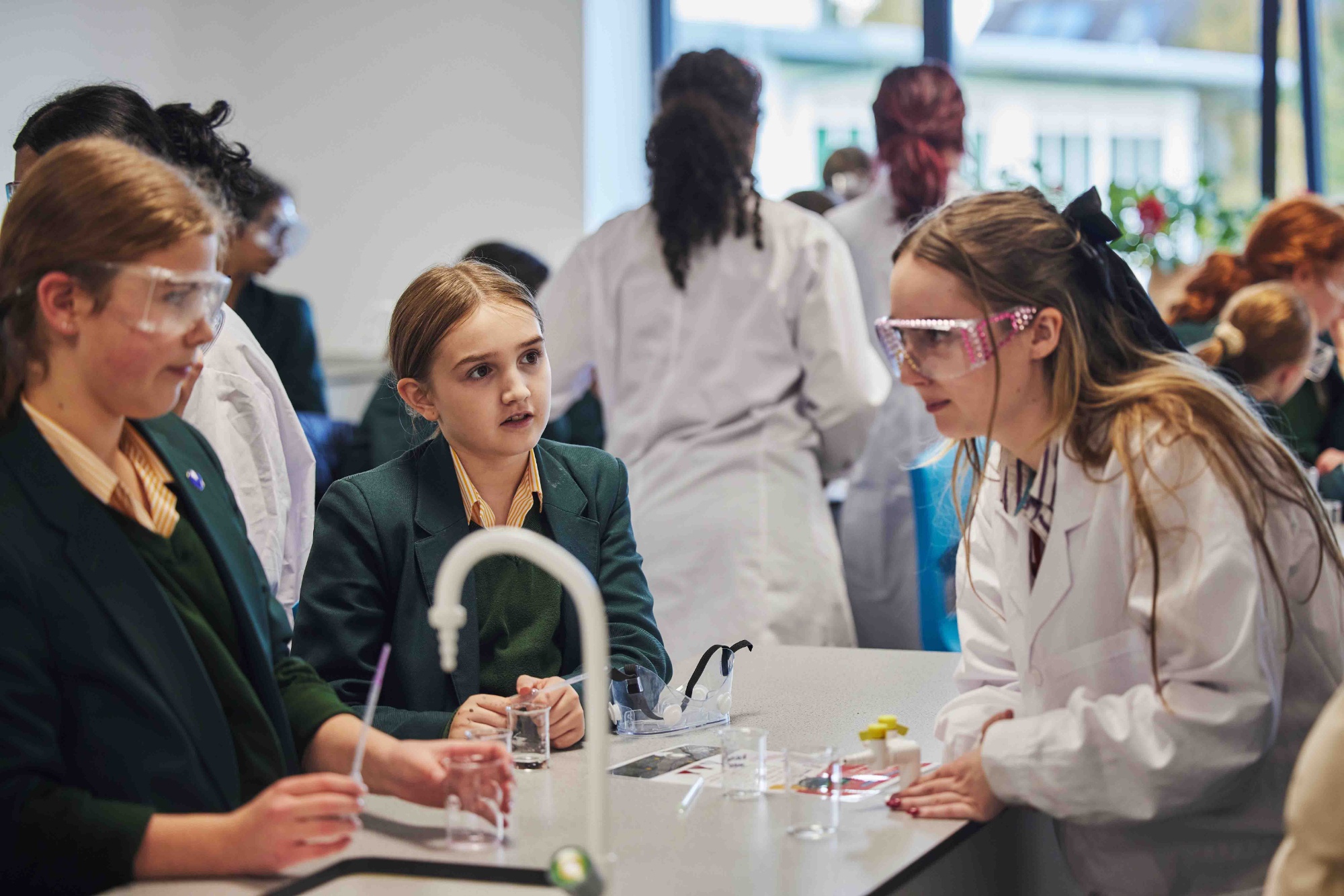Music
Key Stage 3
Description
The topics covered at Key Stage 3 are wide-ranging and varied and allow good progression across each year group. In line with the National Curriculum, they develop the skills of performing, composing and appraising through many practical activities. Students will often be required to work with others in small groups, developing good teamwork skills.
| Year 7 | Year 8 | Year 9 | |
|---|---|---|---|
| Autumn |
Elements of Music through Singing Christmas Song Composition |
Ground Bass and Melodic Development Melodies and Chords in a Major Key: Christmas Song Performance |
Film Music Musical Texture and instrumentation: Christmas Song Ensemble Performance |
| Spring |
Rhythm, Ostinato and Pentatonic Scale Major Scales, Melodic Notation and Keyboard Skills |
Blues Elements of Music through Listening and Appraising |
Song Remix Theme and Variations |
| Summer |
Instruments in Orchestral Music African Music |
Musical Structures and Performance in a Minor Key Song Writing |
Musical Theatre World Music and Fusions |
Key Stage 4
Exam board
Pearson Edexcel GCSE (9-1) in Music (1MU0)
Description
Music GCSE consists of three units: Performing, Composing and Appraising.
During the course, students complete two performances, two compositions and study various set works within four areas of study. Aspects of the history of music, wider listening and theory also form part of the course.
GCSE Music students have regular performing opportunities in many school events such as various concerts, recitals, seminars, and masterclasses. They play integral parts in external music events too, often representing the school. They take up the leading roles in many music clubs and often initiate the student-led clubs.
1. Performing - 60 marks: 30% of total GCSE
Solo performance and ensemble performance (minimum 4 minutes’ combined duration)
2. Composing - 60 marks: 30% of total GCSE
One composition to a set brief and one free composition (minimum 3 minutes’ combined duration)
3. Appraising - 80 marks: 40% of total GCSE
Exam paper (1 hour and 45 minutes) on set works and unfamiliar music from four areas of study:
- Instrumental Music 1700-1820
- Vocal Music
- Music for Stage and Screen
- Fusions
Key Stage 5
Exam board
Pearson Edexcel A Level Music (9MU0)
Description
This course is designed to continue and extend the practices established in GCSE Music. It consists of three units: Performing, Composing, and Appraising.
During the course, students work towards an 8-minute performance recital, complete two compositions and study various set works within six areas of study. Aspects of the history of music, wider listening and theory also form part of the course.
A Level Music students contribute regularly in many school events such as various concerts, recitals, shows, seminars, and masterclasses. They play integral parts in external music events too, often representing the school. They take leading roles in many music clubs and mentor younger students who study music.
1. Performing - 60 marks: 30% of total A Level
A recorded performance recital (minimum 8 minutes’ duration)
2. Composing - 60 marks: 30% of total A Level
Total of two compositions, one to a set brief and one either free composition or also to a brief (minimum 6 minutes’ combined duration)
3. Appraising - 100 marks: 40% of total A Level
Exam paper (2 hours and 10 minutes) on set works and unfamiliar music from six areas of study:
- Vocal Music
- Instrumental Music
- Music for Film
- Popular Music and Jazz
- Fusions
- New Directions
Extra-curricular Opportunities
Extra-curricular music making is seen as an integral part of the department’s activities. Opportunities to take part in a wide range of musical activities are offered for all students. These include Orchestra, Junior and Senior Choirs, String Ensemble Club, Flute Choir, Keyboard Club, Ukulele Club, Jazz Band, Junior and Senior Bands, and Music Theory Clubs. Students have many opportunities to participate in various school concerts, shows, recitals, and occasional combined concerts with other establishments. Curriculum-enriching experience for students is strongly promoted through trips such as an overnight visit to London’s West End, museums and exhibitions.


